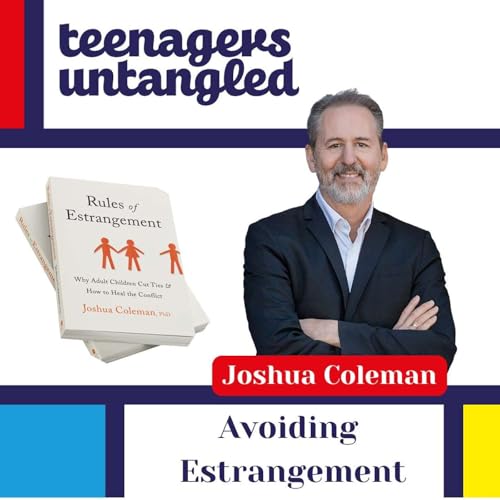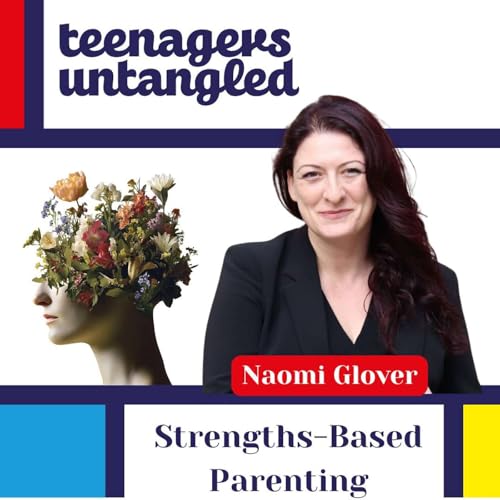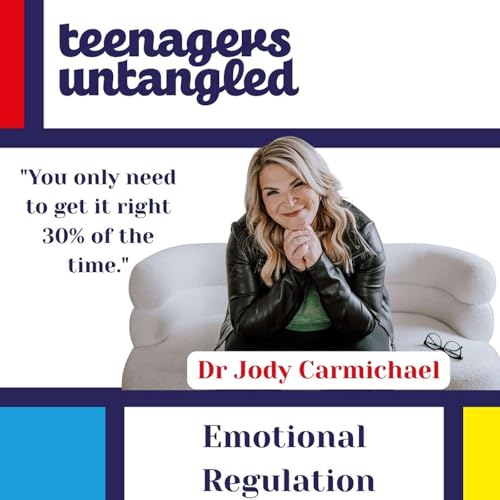Ask Rachel anything
Hint: it depends on how you define happy and successful.
We all want our kids to be happy and successful but what does that mean? In today's episode, I'm joined by Giselle Goodwin, author of Can Women Really Have it All? to talk about our definitions of success and happiness, and how they impact the way we parent.
In this changing landscape where what we inherit can mean more than how hard we work what expectations should we have, and what message should we be giving our kids about their future if we want them to be happy? Do we have much of impact anyway?
Eldest daughter syndrome:
https://www.teenagersuntangled.com/eldest-daughter-syndrome-and-the-trouble-with-parentification/
The Family Dynamic and the Role of our Community in our Success:
https://www.teenagersuntangled.com/141-success-what-nobody-tells-us-about-the-role-of-siblings-are-parents-that-important/
Inheritcocracy: How Society has Changed the Rules of Success
https://www.teenagersuntangled.com/136-society-has-changed-are-education-and-hard-work-less-important-now-than-parents/
Dr David Yeager: 10 to 25 'Status and Respect'
https://www.teenagersuntangled.com/motivation-how-to-motivate-your-teenager-and-why-blame-and-shame-doesnt-work/
Perfectionism:
https://www.teenagersuntangled.com/perfectionism-help-your-teen-and-yourself-overcome-the-need-to-be-perfect/
High expectations episode and blog:
Episode: https://www.teenagersuntangled.com/standards-setting-high-expectations-without-the-pressure/
Blog: https://www.teenagersuntangled.com/blog/setting-expectations-without-piling-on-the-pressure/
Why mothers aren't happy:
https://www.teenagersuntangled.com/motherhood-and-careers-can-women-really-have-it-all/
Giselle Goodwin:
@gisellegoodwinwrites on Instagram and YouTube
https://substack.com/@gisellegoodwin
Support the show
Please hit the follow button if you like the podcast, and share it with anyone who might benefit.
You can review us on Apple podcasts by going to the show page, scrolling down to the bottom where you can click on a star then you can leave your message.
Please don't hesitate to seek the advice of a specialist if you're not coping. When you look after yourself your entire family benefits.
My email is teenagersuntangled@gmail.com
My website has a blog, searchable episodes, and ways to contact me:
www.teenagersuntangled.com
Find me on Substack https://Teenagersuntangled.substack.com
Instagram: https://www.instagram.com/teenagersuntangled/
Facebook: https://m.facebook.com/teenagersuntangled/
You can reach Susie at www.amindful-life.co.uk
 35 mins
35 mins 31 mins
31 mins 55 mins
55 mins 39 mins
39 mins Jan 21 202648 mins
Jan 21 202648 mins Jan 14 202652 mins
Jan 14 202652 mins 49 mins
49 mins 43 mins
43 mins
